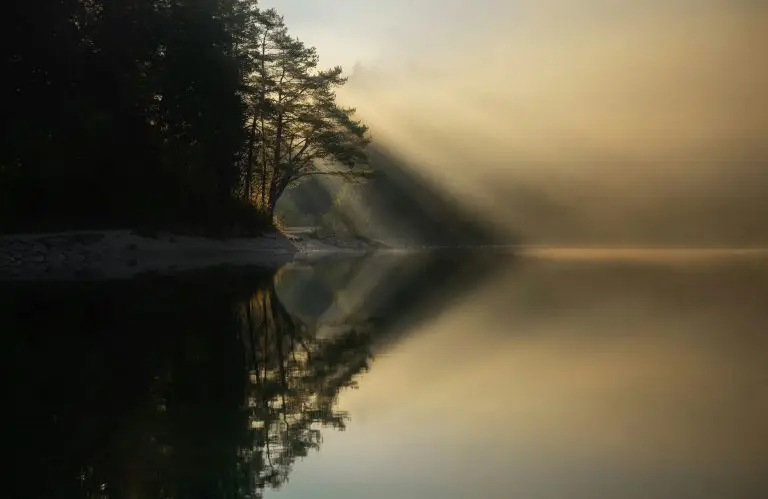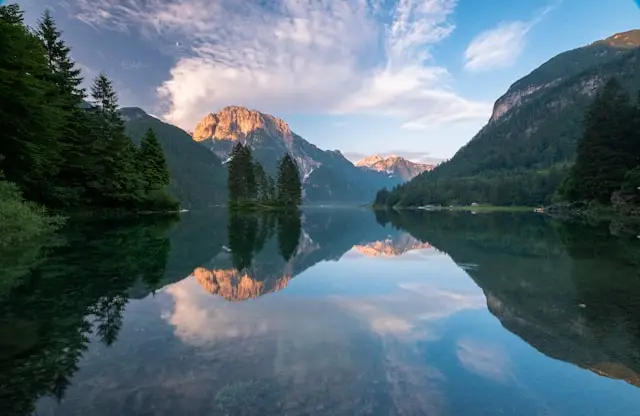The Spiritual Meaning of Silence: Meditation Across Cultures and Traditions
In today’s noisy, fast-paced world, silence has become a rare treasure. But in spiritual traditions across the globe, silence has always held deep meaning.
It’s more than the absence of sound—it’s a gateway to inner stillness, awakening, and a deeper connection with life itself. Whether you’re sitting in a Zen monastery in Japan, walking barefoot across the desert like a Christian mystic, or quietly breathing under a Bodhi tree, silence is often the thread that weaves together diverse spiritual paths.
In this blog post, we’ll explore the spiritual meaning of silence and how meditation practices across cultures use it to point us toward presence, peace, and profound transformation.
Why Silence Holds Power
Silence isn’t just the absence of noise—it’s a presence in itself. Spiritually, silence is often seen as sacred. It’s where words fall away and we begin to sense the deeper rhythms of the soul.
For centuries, mystics, sages, and seekers have turned to silence not as a void to fear, but as a living space where the divine can be heard. In a world constantly buzzing with distraction, silence offers refuge. But it also challenges us. In silence, we meet ourselves without filters. It can feel raw, vulnerable, even uncomfortable at first. Yet, through that discomfort, something deeper unfolds—clarity, awareness, and a quiet sense of being that needs no explanation.
This is why silence is such a universal tool for spiritual growth.
Silence in Eastern Traditions
Let’s start with the East, where meditation and silence are deeply entwined. In Zen Buddhism, silence is central to the practice of zazen, or seated meditation. Zen masters often speak in riddles—or say nothing at all. They point students not to more information, but to direct experience. Silence in Zen isn’t just peaceful—it’s active, alert, and full of presence.
Similarly, in Hindu and yogic traditions, the practice of mauna (voluntary silence) is seen as a way to conserve energy, purify the mind, and deepen one’s connection with the Self. Great sages like Ramana Maharshi often taught in silence, letting their presence and stillness communicate more than any words could. Taoism, too, reveres the quiet mystery of the Tao—“The Tao that can be spoken is not the eternal Tao.” In Taoist meditation, silence is a return to nature, a return to flow.
These traditions don’t just tolerate silence—they honour it as a source of wisdom.
Silence in Western Mysticism
Silence is not only found in the East. In the Christian mystical tradition, silence is seen as the language of God. “Be still and know that I am God,” says Psalm 46:10. The Desert Fathers—early Christian monks who retreated to the Egyptian desert—practised deep silence as a way to confront their inner demons and find union with the divine.
Silence wasn’t passive; it was the battleground of transformation. In the contemplative Christian practice known as centring prayer, silence becomes a way to rest in God’s presence beyond words, images, or concepts. It’s about letting go of the mind’s chatter and surrendering to grace. Mystics like Meister Eckhart and Teresa of Avila also wrote of the soul’s journey into silence, describing it as the place where God speaks without sound. Even in Quaker meetings, silence is the space where divine guidance can arise—not from a preacher, but from within each heart.
Begin your sacred inner journey: Get your free 7-Day Sacred Stillness Challenge and start today
Indigenous and Earth-Based Approaches
Silence is also deeply respected in Indigenous and earth-based traditions. In many Native American cultures, silence is a sign of respect and deep listening. To sit in silence with another person is not uncomfortable—it’s meaningful. Silence allows space for Spirit to enter, and for the heart to understand what the mind may not. In shamanic practices, silence is often part of vision quests or sacred rituals where one goes into nature alone, not just to escape, but to remember.
In these traditions, silence is not a retreat from life, but a way of returning to it more fully—reconnected to land, ancestors, and the unseen world.
Modern Meditation and the Return to Silence
Today, more people than ever are turning to meditation to counter stress, anxiety, and digital overload. But underneath the wellness trend is a timeless truth: silence heals. Mindfulness meditation, though secularised in many settings, still carries echoes of its Buddhist roots.
Practising silence—whether through breath awareness, body scans, or silent retreats—allows the nervous system to settle and the mind to clear. Vipassana meditation, often taught in 10-day silent retreats, is a powerful modern example.
The silence isn’t just a rule—it’s the foundation. Without speaking, without distraction, we begin to truly see. What’s emerging in modern times is a renewed respect for what ancient traditions already knew: silence is medicine. And more than that—it’s a doorway.
Silence as a Path, Not Just a Tool
So, what does all this mean for you? Silence isn’t just something we practise during meditation. It can become a way of living. You don’t need to go on a retreat or follow a specific religion to experience the spiritual power of silence.
It starts with simple acts. Turning off your phone. Sitting quietly with a cup of tea. Taking a walk without headphones. Even just three conscious breaths in silence can change your state. And as you do this more often, silence shifts from being awkward to being alive.
You begin to notice things. The sound of your own breath. The feel of the wind. The subtle movement of thoughts. And beneath all of that, the quiet hum of awareness that’s always been there. That’s the real treasure. Silence isn’t empty. It’s full of presence.
Final Thoughts
Across continents and centuries, silence has always held a sacred place. It transcends dogma, language, and belief. It’s where monks and mystics, seekers and sages, have always turned to meet the divine.
In silence, we remember who we are—not the roles, not the noise, but the stillness underneath it all. As you move through your own spiritual journey, try welcoming silence not as a gap to be filled, but as a doorway to be opened. Inside it, you may find everything you’ve been searching for.
Bonus Resources
Why not treat yourself to a Meditation Retreat in the beautiful Devon Countryside?
This post may also interest you: Silent Meditation Retreats
Best Wishes,
David.
© D. R. Durham, All rights reserved, 2025.




